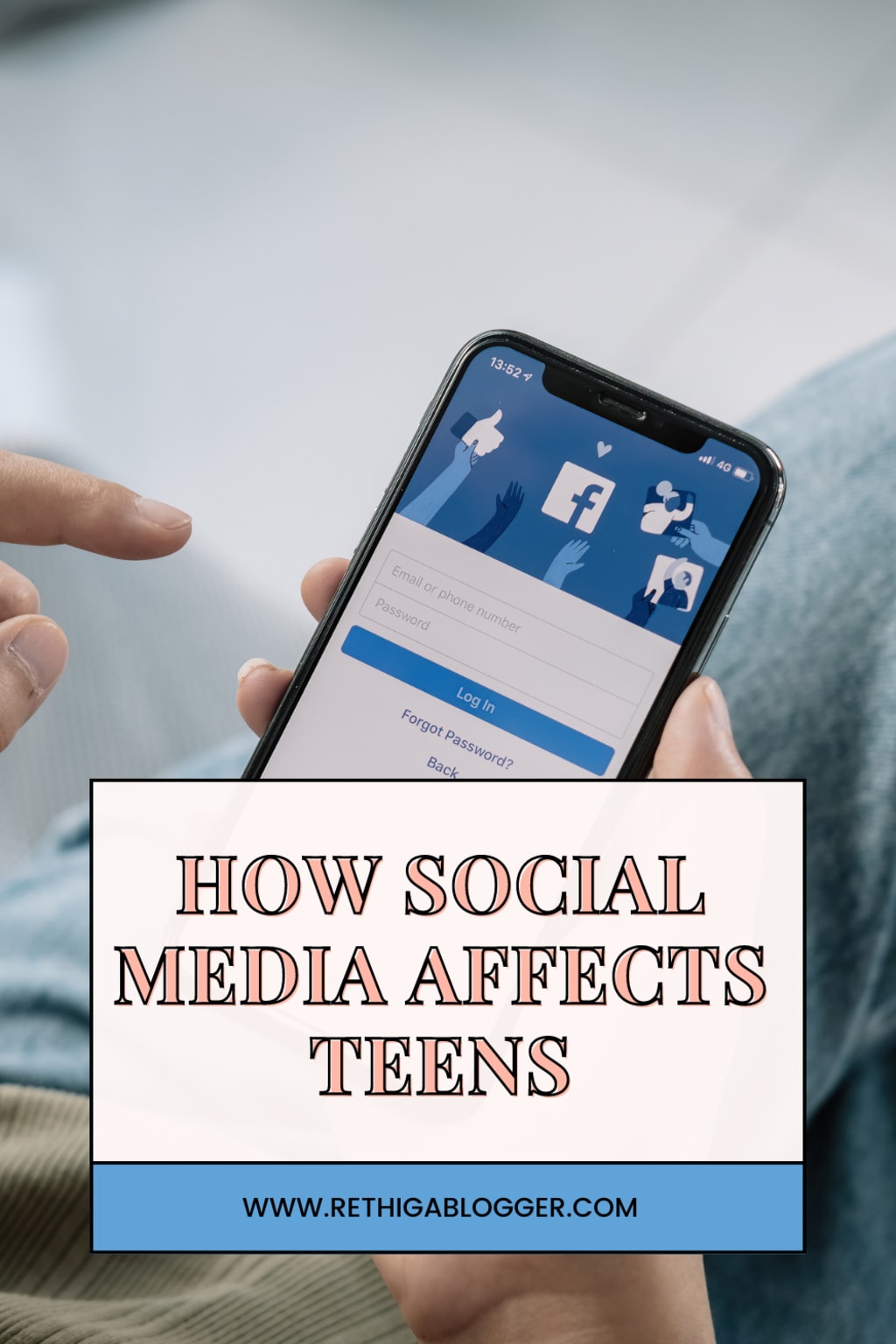
How social media affects teens? It is undeniable that social media has revolutionized the way we connect and communicate with one another. From sharing precious memories to being the catalyst of significant social movements, platforms like Facebook, Instagram, and Snapchat have transformed the landscape of human interaction. However, as with any great power, social media has the ability to influence our lives in ways we might not even be aware of, especially for the impressionable minds of teenagers.
One-way social media affects teens is by reducing their self-esteem. When scrolling through pictures of other teenagers living seemingly perfect lives, many teens begin to feel insecure about their own life. This leads to an increase in depression, anxiety, and self-doubt, ultimately harming the emotional well-being of the teen.
As we dive into the mesmerizing realm of social media, we witness a profound metamorphosis taking place among our youth. With the rapid rise of platforms, the impact of this virtual world on adolescents is both extraordinary and alarming. Let’s embark on an introspective journey, peeling back the layers and revealing how social media leaves an indelible mark on the lives of our beloved teens.
1. Fostering a Filtered Reality:
Social media platforms lure us into constructing a digital persona that reflects an idealized version of ourselves. However, for teenagers struggling with self-esteem issues or finding their identity, this pursuit of perfection can lead to feelings of inadequacy, comparison, and the fear of missing out. Teens might find themselves lost in a web of fabricated realities, striving to meet societal standards, rather than embracing their unique individuality.
2. Incessant Cyberbullying:
Gone are the days when bullying would stop once we left the school premises. With social media, bullying has now crept into the privacy of our homes, magnifying its consequences. Online platforms have become a breeding ground for hate speech, body-shaming, and spreading harmful rumors, affecting the mental well-being of our young generation. The emotional toll of these cyberbullying incidents is immeasurable and calls for urgent action to create a safer online environment for teenagers.
3. Validation vs. Self-worth:
As adolescents crave acceptance and validation, social media platforms present an instant solution – the intoxicating validation of likes, comments, and followers. Unfortunately, this validation can be fickle, fleeting, and unreliable, perpetuating a dangerous cycle of seeking external approval instead of nurturing a healthy sense of self-worth. Our teens may find themselves constantly measuring their value through virtual metrics, leading to a distorted perception of their true selves.
4. Fading Real Connections:
While social media aims to bridge distances, ironically, it has also created a generation that feels disconnected, even in the presence of others. Teens today are so engrossed in the virtual world that they often miss out on authentic human connections. The allure of constant digital interactions distracts them from engaging fully with the world around them, robbing them of genuine friendships and meaningful experiences.
Dangers of social media for youth.
Social media has become a ubiquitous part of modern society. Young people are especially drawn to this new platform as it offers them an easy way to connect and interact with others. While social media does have its advantages, there are also many dangers associated with it.
The first danger of social media for youth is that it can be a source of cyberbullying.
Social media platforms provide bullies with a way to harass and torment others online, often without fear of retribution. This type of bullying can have serious emotional consequences for its victims, including anxiety, depression, and even suicide.
Another danger of social media is that it can expose young people to inappropriate content.
The internet is home to a vast array of materials, and not all of it is suitable for young people. Social media can allow minors to access materials that are inappropriate for their age, such as violent videos, sexual content, or even dangerous ideas like self-harm or extremist propaganda.
Social media can also cause young people to experience FOMO (fear of missing out). The constant stream of information and updates from their friends and acquaintances can make young people feel left out or disconnected if they are not always online or participating in activities with their peers.
Finally, social media can have a detrimental effect on the mental health of young people. Constantly checking their social media accounts can create anxiety, feelings of inadequacy, and low self-esteem. This is often caused by the fact that social media only displays a small and edited part of reality. Youth are constantly comparing themselves to others who may have a completely different reality than what is presented online.
Conclusion
While social media can offer some advantages for youth, it is important to understand the potential dangers and negative impacts that it can have. As parents and educators, we need to be vigilant and provide guidance and support to help our youth navigate this digital landscape safely.
About the Creator
Rethiga R
Do you ever feel lost in 🌍social media? You’re not alone. That’s why I’m a social media manager.
DO YOU WANT TO LEARN MORE 😎 https://rethigablogger.com/





Comments
There are no comments for this story
Be the first to respond and start the conversation.